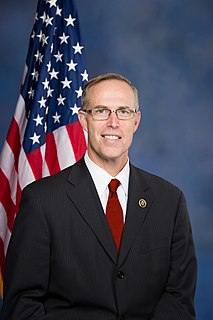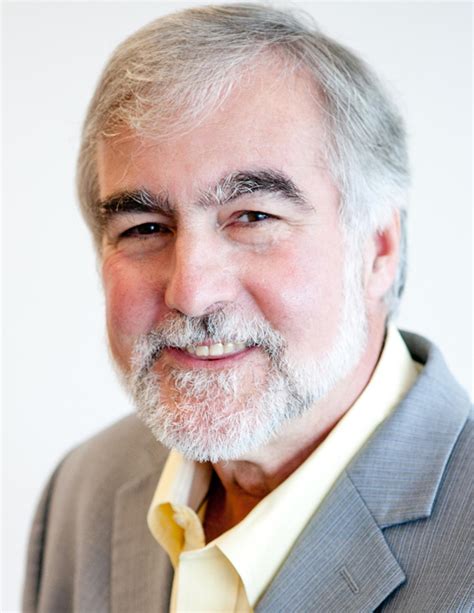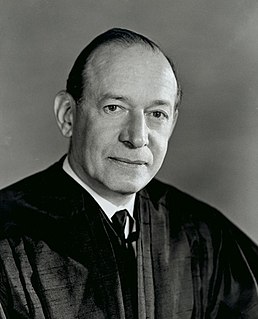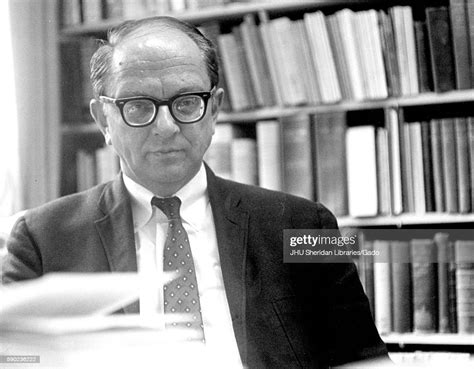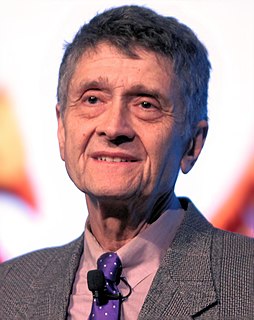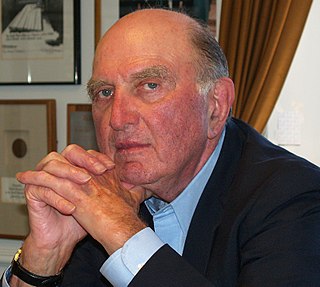A Quote by Victor Hugo
I believe in religion against the religious; in the pitifulness of orisons, and in the sublimity of prayer.
Related Quotes
We can be deeply thankful that we live in a land where reason and religion are friends and allies in the cause of liberty, joined against the evils and dangers of the day. And you can be certain of this: Any believer in religious freedom, any person who has knelt in prayer to the Almighty, has a friend and ally in me. And so it is for hundreds of millions of our countrymen: we do not insist on a single strain of religion - rather, we welcome our nation's symphony of faith.
Religion that is imposed upon its recipients turns out to engender either indifference or resentment. Most American religious leaders have recognized that persuasion is far more powerful than coercion when it comes to promoting one's religious views. . . . Not surprisingly, then, large numbers of religious leaders have supported the Supreme Court in its prayer decisions.
In Europe, the Enlightenment of the 18th century was seen as a battle against the desire of the Church to limit intellectual freedom, a battle against the Inquisition, a battle against religious censorship. And the victory of the Enlightenment in Europe was seen as pushing religion away from the center of power. In America, at the same time, the Enlightenment meant coming to a country where people were not going to persecute you by reason of your religion. So it meant a liberation into religion. In Europe, it was liberation out of religion.
I believe that prayer in public schools should be voluntary. It is difficult for me to see how religious exercises can be a requirement in public schools, given our Constitutional requirement of separation of church and state. I feel that the highly desirable goal of religious education must be principally the responsibility of church and home. I do not believe that public education should show any hostility toward religion, and neither should it inhibit voluntary participation, if it does not interfere with the educational process.
Prayer is that which enables the soul to realize its divinity. Through prayer human beings worship absolute truth, and seek an eternal reward. Prayer is the foundation-stone of religion; and religion is the means by which the soul is purified of all that pollutes it. Prayer is the worship of the first cause of all things, the supreme ruler of all the world, the source of all strength. Prayer is the adoration of the one whose being is necessary.
The distortions and insults about organized religion will continue unabated as long as our popular culture continues its overall campaign against judgment and values. A war against standards leads logically and inevitably to hostility to religion because it is religious faith that provides the ultimate basis for all standards.
Religion is a personal, private matter and parents, not public school officials, should decide their children's religious training. We should not have teacher-led prayers in public schools, and school officials should never favor one religion over another, or favor religion over no religion (or vice versa). I also believe that schools should not restrict students' religious liberties. The free exercise of faith is the fundamental right of every American, and that right doesn't stop at the schoolhouse door.
Today courts wrongly interpret separation of church and state to mean that religion has no place in the public arena, or that morality derived from religion should not be permitted to shape our laws. Somehow freedom for religious expression has become freedom from religious expression. Secularists want to empty the public square of religion and religious-based morality so they can monopolize the shared space of society with their own views. In the process they have made religious believers into second-class citizens.

